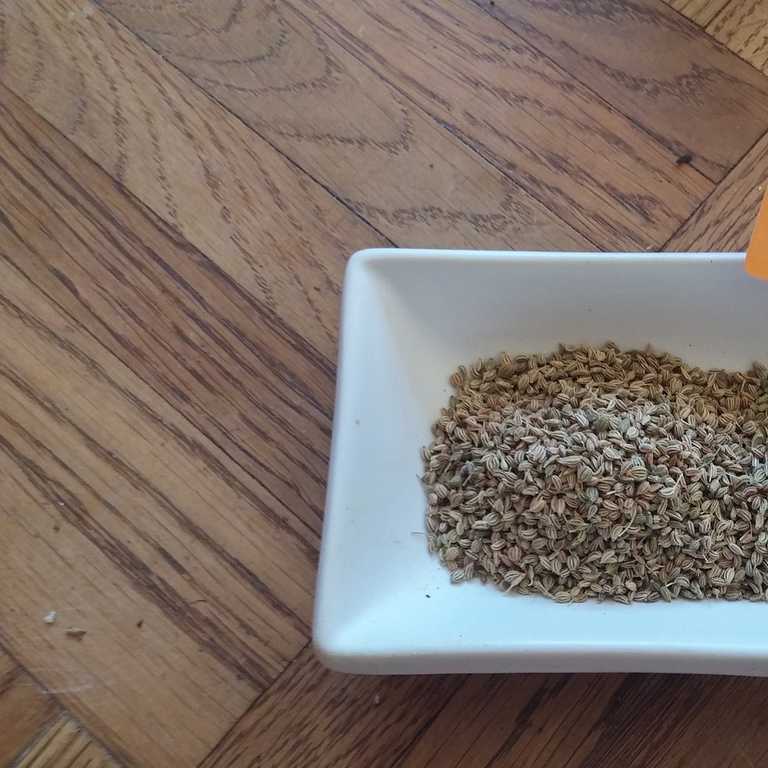Table of Content
FSSAI Standards for Four Spices

Food Safety and Standards (Food Products Standards and Food Additives) Regulations, 2011 and Amendments, 2017 define the spices and their standards for food industry.
It also classifies the extraneous matter and defines the contaminants limit in the spices as-
- Organic extraneous matter such as chaff, stems, straw.
- Inorganic extraneous matter such as dust, dirt, stones and lumps of earth. This shall not exceed 2 percent by weight of the total extraneous matter.
The Spices, condiments and related products must follow the microbiological requirements given in table 3 of Appendix B of FSS rules.
Standards for four spices according to FSS Regulations:
Aniseed (Saunf)
The standards define Aniseed (Saunf) whole is the dried and mature fruit of Pimpinella anisum L. It must have characteristic aromatic flavor and shall be free from mustiness. It must be free from mold, living and dead insects, insect fragments, and rodent contamination. The product shall be free from any added coloring agents and harmful substances.
The standards for Aniseed are based on:
- Basis Extraneous matter
- Shrivelled, immature,
- Damaged / insect,
- Damaged /broken fruit,
- Moisture, Total ash on dry basis, Ash insoluble in dilute HCl on dry basis
- Volatile oil content on dry basis,
- Insect damaged matter and Foreign edible seeds.
Ajwain (Bishops seed)
Ajwain (Bishops seed) are dried ripe seeds of Trachyspermum ammi. L Sprague as defined in regulation 2.9.22 under these Standards. It shall have characteristic aromatic flavour and shall be free from mustiness. Ajwain or Bishop Seeds shall be free from mold, living and dead insects, insect fragments, and rodent contamination. Ajwain shall be free from added coloring matter and any other harmful substances.
The standards for Ajwain are based on:
- Moisture, Extraneous matter
- Shrivelled or damaged or insect damaged or broken fruit
- percent by weight
- Volatile oil content on dry basis as volume by weight.
Dried Mango Slices
The definition of Dried Mango Slices is the dried wholesome, edible part of raw mango fruit with or without the outer skin. It must be free from any contaminants, extraneous matter like fungus, molds and insect infestation, rodent contamination; hazardous substances injurious to health, added coloring and flavoring matter.
No preservative except edible common salt is allowed to the extent of 5 per cent by weight on dry basis. It shall have characteristic taste and flavor. The proportion of extraneous substance shall not exceed 4 per cent by weight out of which inorganic matter shall not exceed 2 per cent by weight.
The standards for Dried Mango slices are based on:
- Moisture
- Damaged slices- Damaged slices mean the slices that are eaten by weevils or other insects. It also includes slices internally damaged by fungus, moisture or heating.
- Seed Coatings- Seed coatings are the exterior covering of the seed.
Dried Mango Powder (Amchur)
Dried Mango Powder (Amchur) is the powder of mango slices obtained by grinding the clean and dried mango slices. It has characteristic taste and flavor as defined under regulation 2.9.24 under these Standards. It shall be free from musty odor and objectionable flavor, rodent contamination, mold, fungus and insect infestation, extraneous matter, hazardous substances, added coloring and flavoring matter.
Only edible common salt is allowed to be added as a preservative at 5 per cent by weight on dry basis.
The standards for Amchur powder are based on:
- Moisture
- Total ash (salt free basis)
- Ash insoluble in dilute HCl
- Crude fibre and Acidity ash anhydrous tartaric acid.
References
- Food Safety and Standards (Food Products Standards and Food Additives) Regulations, 2011
- Food Safety and Standards (Food Products Standards and Food Additives) Amendment Regulations, 2017
Enquire Now
To enquire about our services please complete the form below and we will be in tough with you as soon as possible
Food Regulatory Services
- Consumer Product
- Compliance Services
- Licenses